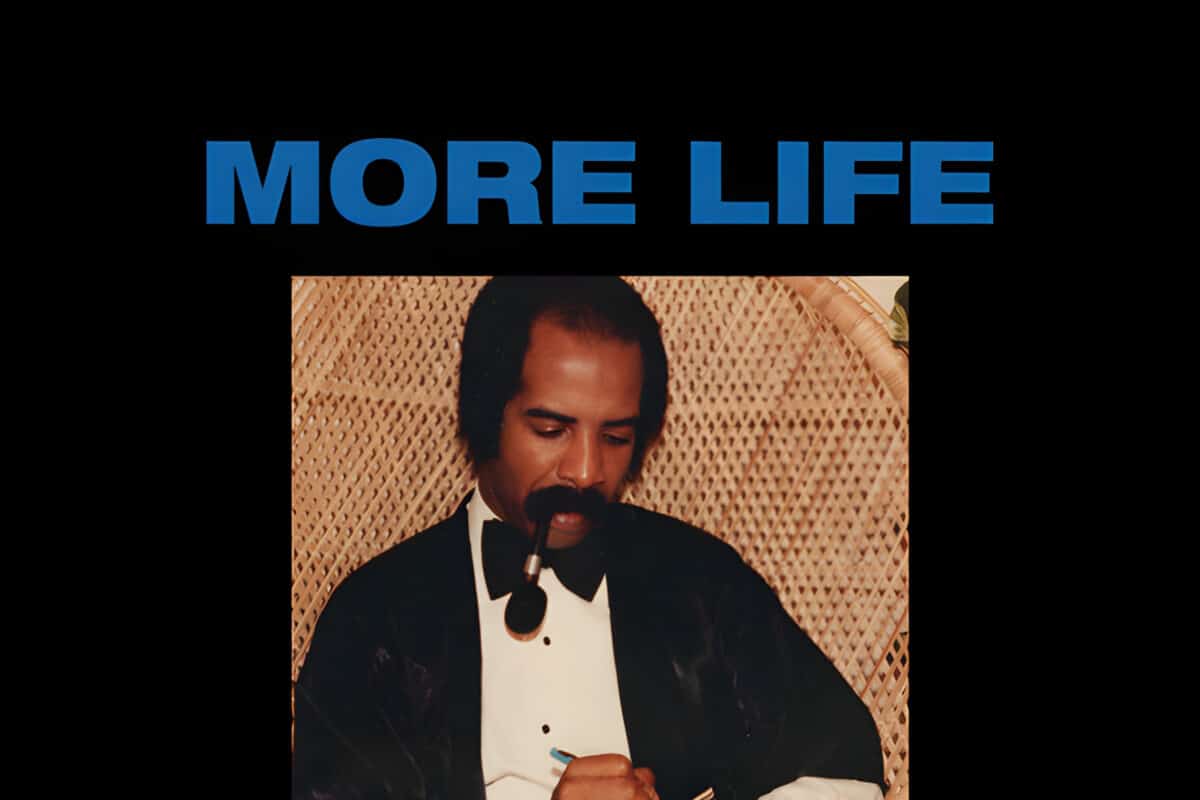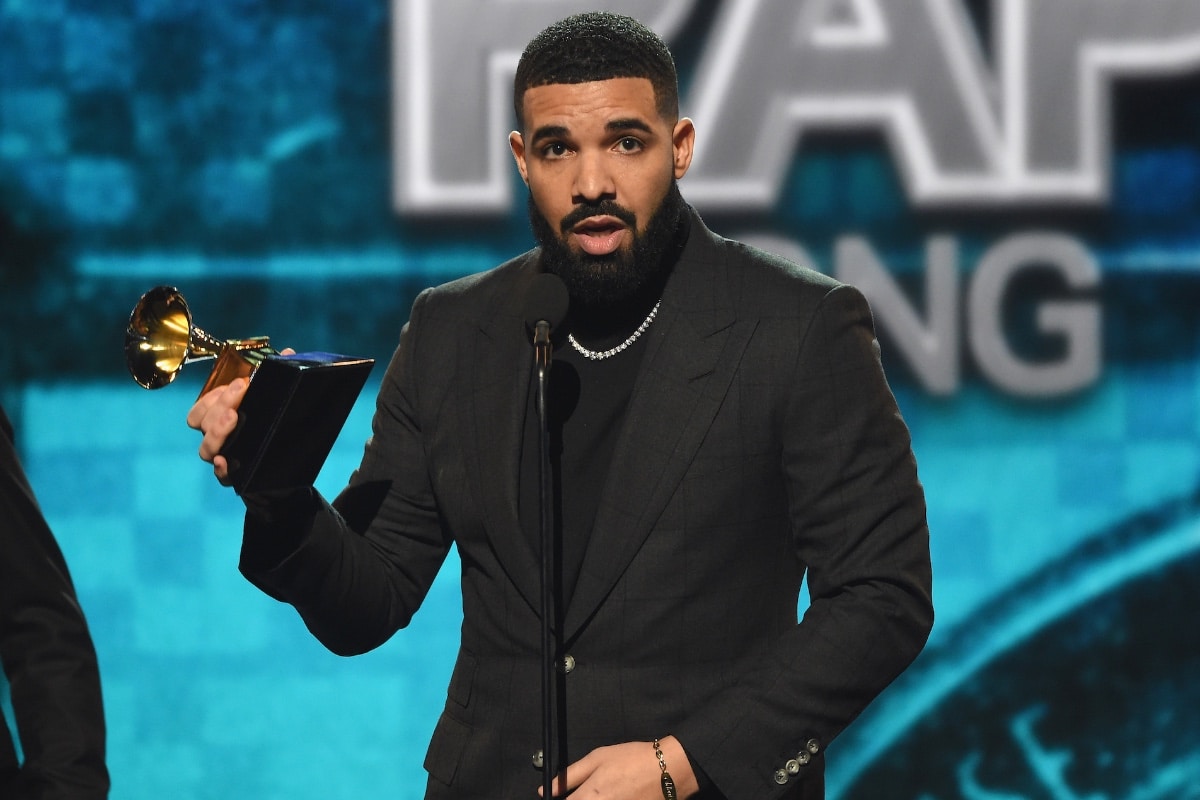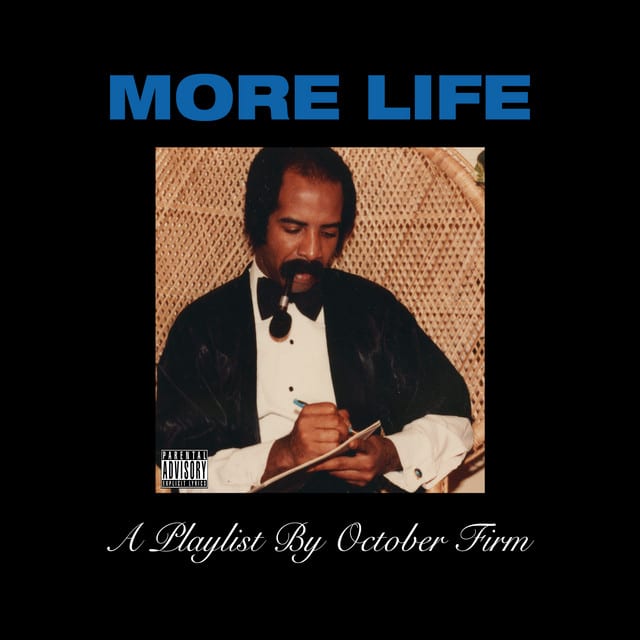Released: 2017
Drake’s track “Portland,” featuring Quavo and Travis Scott, delves into themes of success, ambition, and caution in the cutthroat world of hip-hop. It’s a lyrical display of flexing, warning others not to ride their wave or get left behind, while painting vivid pictures of their lifestyles. The song interweaves metaphors, celebrity references, and a certain braggadocio that’s almost expected from artists of their stature.
Kicking off with a signature beat by producer Murda Beatz, Drake establishes the mood by declaring it “not nice,” implying that what’s to follow will be unfiltered and unapologetic. His reference to “Habibis ting” subtly nods to his ties or respect to Arab culture, possibly highlighting the international aspect of his appeal or friendships.
The opening verse sees Drake diving into personal and relational territory. His mention of a ‘side girl’ with a cracked iPhone reflects on relationships where communication persists despite superficial imperfections. It’s symbolic of loyalty and immediate responsiveness that he demands, underlying an expectation of devotion from his circle.
Drake’s lines, “Don’t come around thinkin’ you gettin’ saved,” suggest skepticism towards opportunistic acquaintances. He acknowledges his position as a guiding light (“Got a torch, tryna light the way”), but questions the sincerity of those around him, warning that reliance on his success won’t ensure their own. There’s a pointed criticism towards those who can’t deliver on their potential, symbolized by the jab that their “next album probably won’t ever see the light of day.”
The hook emphasizes self-reliance and autonomy in Drake’s life philosophy. Repeating “never let these niggas ride your wave,” he advocates for individuality and discourages parasitic relationships that aim to exploit one’s success. His analogy of parking the Benz to ride a Wraith underscores both wealth and the strategic choices he makes in handling his success.
Quavo’s verse amplifies this sense of power and self-invention. By stating, “Young nigga, I invented you,” Quavo claims credit for influence over the new generation, leveraging references to Ike Turner and Griselda Blanco to project strength and resilience in navigating the industry’s challenges. These rich contrasts create a narrative of hustling hard while being mindful of pitfalls within the culture that idolizes the superficial yet fierce mentality required for survival in the game.
“I got the keys to the streets, you got the key to defeat” is a stark juxtaposition showing how Quavo views his own understanding of navigating life’s battleground versus those who don’t make the cut. He drives home the significance of maintaining power over one’s narrative and success trajectory by weaving in metaphors like “keys” as symbols of access and control.
The hook reiterates once again, doubling down on the central mantra of self-ownership. Drake’s cautionary tone warns against complacency and stresses that nothing should be taken for granted in a world as fast-paced as theirs. With lyrics painting an affluent lifestyle, the luxury is matched by their cautious approach to who is allowed in their circles.
Travis Scott’s segment propels the vibe forward with his unique ad-libs and iconic delivery style. His mention of alcohol (Henny, ‘Roc, Goose) captures a scene of celebration but layered with undertones of protection against stress and uncertainty, mixing double cups to maintain equilibrium amidst chaos. His “ocean deep in my swimming pool” alludes to a luxurious, carefree attitude that belies the turbulence beneath the surface of celebrity life.
Further into Travis Scott’s lines, he transitions from partying to existential reflections with “Flood my Rollie, told my bitch ‘Let’s go snorkelin’.” This suggests that, while indulging in extravagance, there’s still a pursuit of experiences beyond material gain, yearning for connection or escapism. His witty mention of Portland and avoiding signing with Jay-Z, yet causing “tidal waves,” nods to making significant impacts independently, staying loyal to his artistic identity.
As the track concludes, the chorus comes back strong, reestablishing the main theme. The insistence on not letting others ride their wave encapsulates the hard-won achievements Drake and his cohorts want to safeguard. It echoes a broader cultural sentiment in hip-hop about authenticity and the fear of being usurped or outshone by those who haven’t endured the same grind. Overall, “Portland” stands as a testament to the competitive ethos in hip-hop and an illustration of the dichotomy between flashy external success and internal vigilance. Through its metaphors and aggressive proclamations, it captures a zeitgeist within the industry, one where artists balance collaboration and competition while continually reasserting their worth and identity. The song underscores the challenges of navigating success while avoiding being outmaneuvered by those who simply wish to capitalize on one’s rise.








